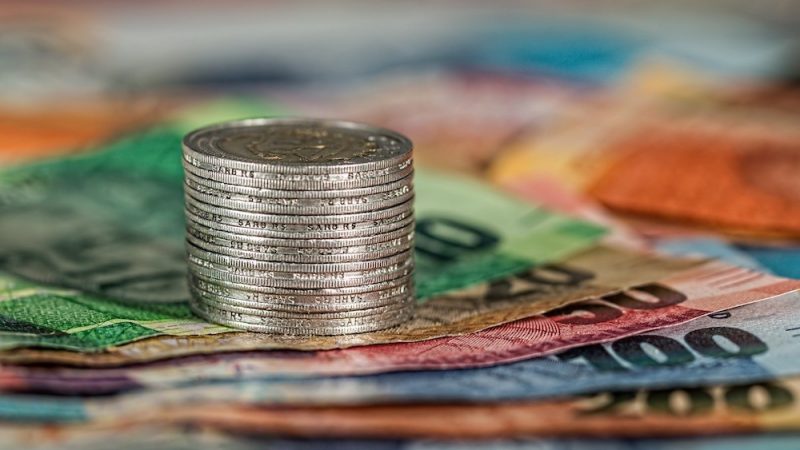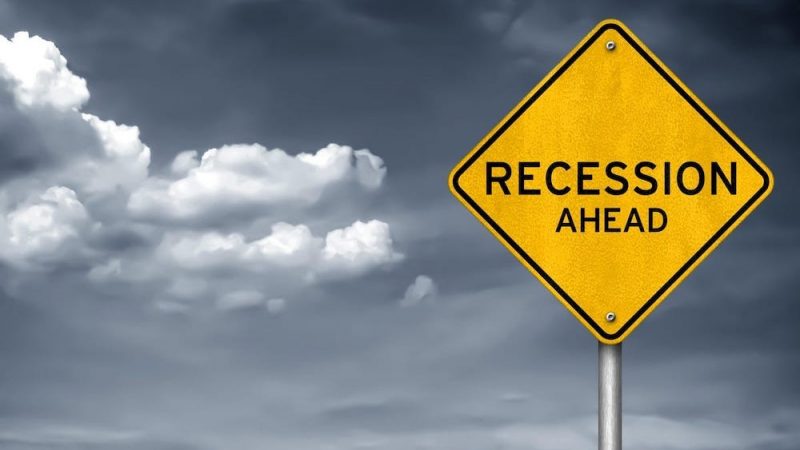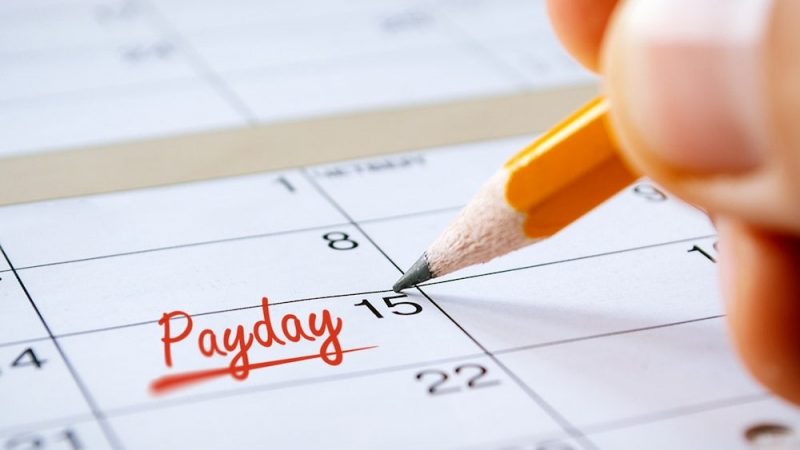Money isn’t just about how much you have, but how you use it and what you do with it. Every dollar counts. It might not seem like it at first, but your everyday spending habits do affect your long-term financial health. You might think that small purchases here and there won’t add up or make a difference in the big picture, but they will.
Keeping track of your daily purchases is essential to creating a healthy long-term financial plan. Even if your weekly or monthly expenses seem insignificant, they accumulate over time and can impact your future savings. The sooner you develop good spending habits, the better off you’ll be in the future!
Why Are Daily Purchases Important?
Anything you buy will affect your bottom line in the long run, whether it’s big or small. It all adds up. To put it another way, your daily purchases determine what your monthly, quarterly, and yearly expenses will be. If you’re constantly buying snacks, groceries, coffee, or other items that don’t fall under your essentials category, you’ll end up with an unhealthy financial situation.
Everything you buy either adds to your financial health or damages it, so it’s important to be aware of your spending habits. Your spending habits also reflect on your personal brand. You might not think what you spend money on is important, but it is. If you’re constantly buying non-essential items, people might think you’re irresponsible with money. Spending wisely takes practice and patience, but it’s worth it in the long run.
Starting Fresh: Rebuilding Your Credit
Building up your credit score is one way you can make sure your finances stay healthy and you’re able to get a loan in the future. If you’ve ever had poor credit before, you might have to work harder to prove your credit is healthy. Luckily, daily purchases like utilities, rent, and other bills that are reported to the credit bureaus can help you rebuild your credit.
If you’ve had trouble maintaining a healthy credit score in the past and you’re looking to rebuild, tracking your daily purchases will help you. Keeping track of small expenses like your water bill, gas, and Internet will add up. When you consistently pay your bills on time, your credit score will start to improve. You can also use credit card applications to help you rebuild your credit, but that may not be the best idea.
Building Wealth: Investments and Savings Goals
One of the best ways to build wealth is to start investing as early as possible. You don’t have to be a billionaire to start investing either. You can start small and grow your savings over time. Tracking your daily purchases will help you decide how you want to invest your money. Are you interested in stocks, real estate, or other investments?
Are there any savings goals you want to start working towards? Tracking your daily expenses will help you figure out what you can save and where you want to invest. It will also help you stay accountable for your spending. You may also want to track your spending when you’re saving up for a big purchase. This will help you stay on budget and make sure you don’t overspend on your daily purchases.
Deciding on Short-Term Dreams: Big Purchases
When you’re first starting to track your daily purchases, it can be a little overwhelming. It can be difficult to know how to prioritize your spending when you’re just getting started. When you’re just starting out with budgeting, it’s often best to focus on short-term dreams. Short-term dreams are the things you want to buy or do in the next few years, like a vacation, a car, or a house. These things are important, but they aren’t essential to your survival. If you want to make sure you can afford these big purchases, it’s best to start tracking your daily expenses and cut out any unnecessary spending.
Wrapping Up: Learn From Your Tracking
Tracking your daily purchases will help you stay accountable for your spending. You’ll also be able to track your progress as you start to make changes to your spending habits. As you start to track your spending, look for patterns in your spending habits. Are you spending too much money on groceries? Are you consistently buying coffee?
Tracking your spending will help you figure out if there are any areas where you can make changes. As you start to track your spending, pay attention to the small details. What are you spending your money on? Where can you make changes so you can save more money? Even if your daily purchases seem insignificant, they will add up over time. By tracking your spending, you can avoid unnecessary financial pitfalls and stay on track towards your financial goals.





